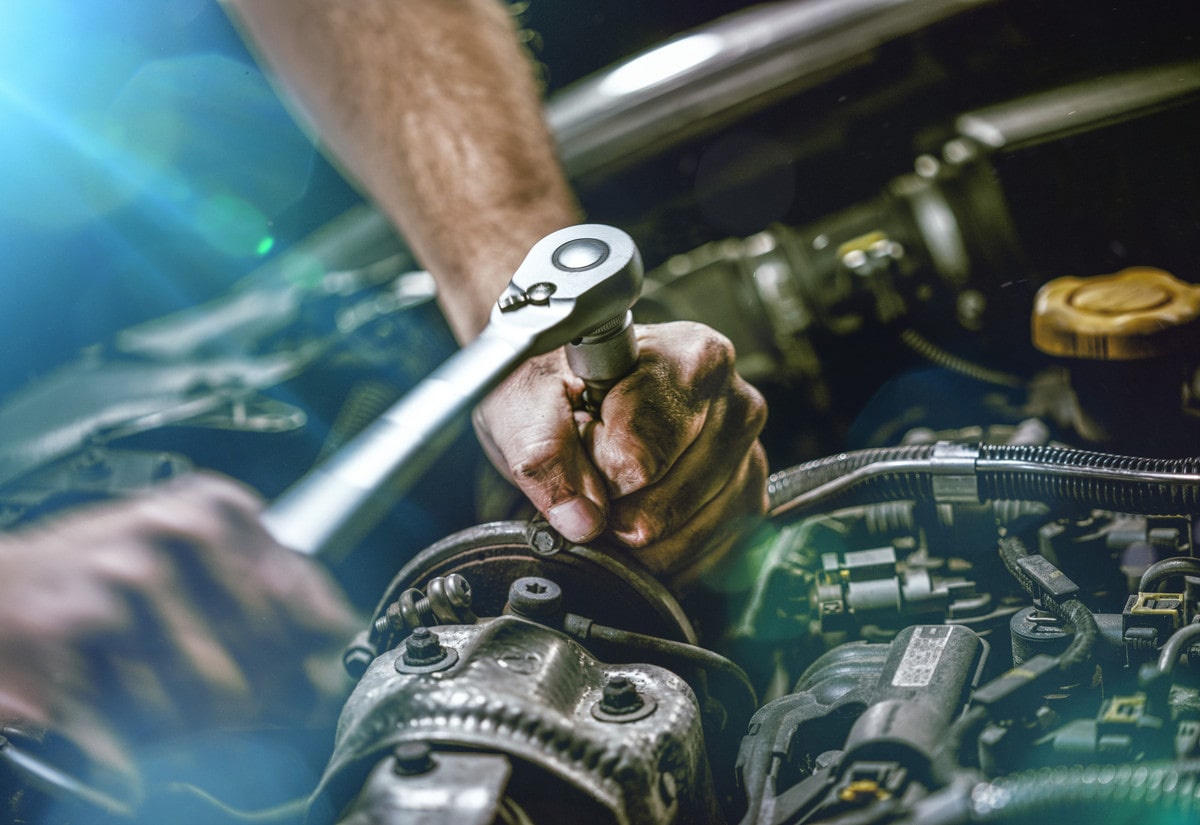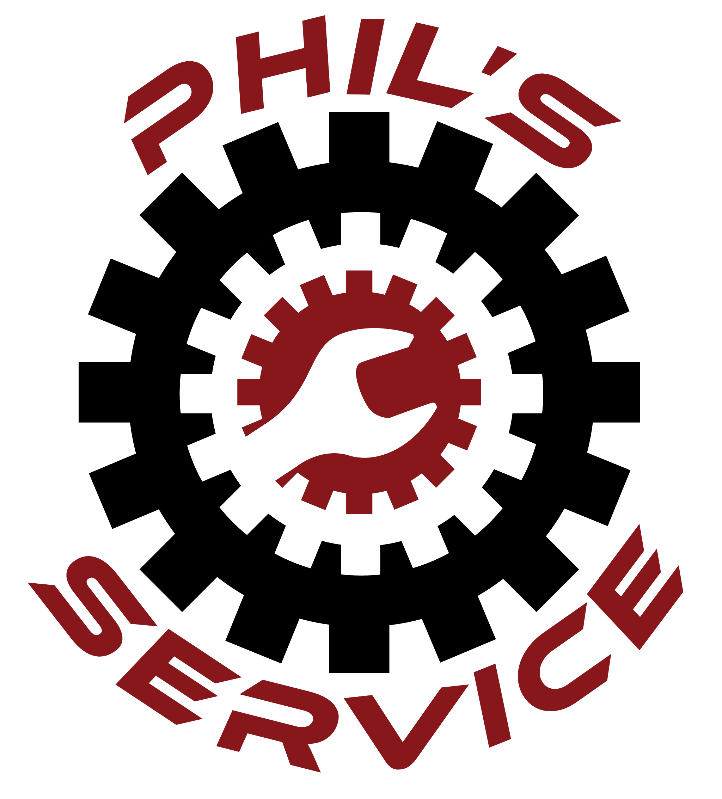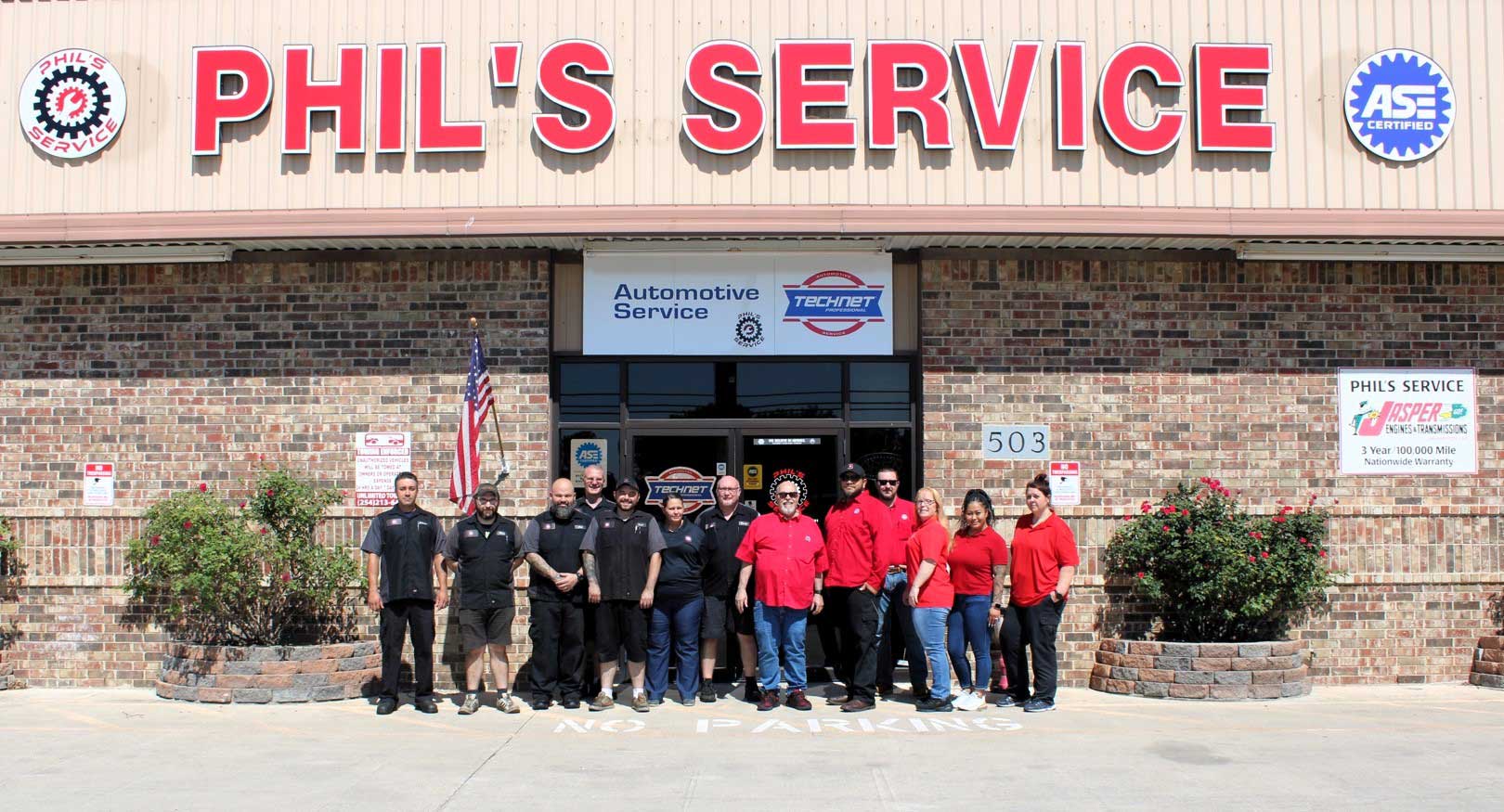Approximately 68% of Americans put off scheduling auto maintenance. Preventive car maintenance can be expensive, but without it, your car will develop problems, which could make it undrivable. So what types of preventive maintenance shouldn’t you skip?
Don’t worry! We learned everything you need to know about the preventative maintenance car owners need. That way, you can ensure that your car drives smoothly and efficiently.
Now are you ready to get started? Here’s an in-depth look at preventative car maintenance:
Brake Pads
Your brakes are the most important safety feature in your car. Without them, you would hit something or someone, causing injury not only to yourself but to other people.
For this reason alone, you must have your brakes inspected every 30,000 to 35,000 miles. If you hear a squeaking, squealing, or a grinding sound when you apply the brake, get them checked sooner.
The sound indicates that your brake pads are worn down enough that no friction material is left. As a result, the gears will grind against each other, putting added stress on the parts, which over time, can cause them to break. If you don’t want to pay for expensive repairs, get your brake pads replaced sooner rather than later.
Tire Rotation and Wheel Alignment
Tires aren’t cheap, so if you want yours to last, get your tires rotated about every 6,000 to 8,000 miles. Tire rotation ensures that your tires wear down evenly, maximizing their life span and maintaining consistent traction across the tire’s path. That way, your vehicle drives smoothly and is safer on the road.
A typical tire rotation service includes removing your tires from their current location and rotating them to a different spot on your vehicle. Now, since tire treads differ, the new position of your tires will vary based on their tread direction. When you have your tires rotated, ensure they are also aligned properly. Wheel alignment is what causes your car to drive straight.
If your wheel alignment is off, you may find that your car pulls either to the left or right. Your vehicle may even vibrate when you drive at certain speeds and lose gas mileage due to tire drag.
These problems should be addressed immediately as they can cause further damage to your vehicle and require expensive repairs. Once your wheels are aligned, your car will drive smoother and maximize fuel efficiency; how cool is that!
Oil Change
If you’re thinking of skipping an oil change, don’t. Skipping timely oil changes can damage your car components and lead to costly repairs. Motor oil is a lubricant that helps your engine run right.
When your car’s oil isn’t changed, it can get dirty, and thicken, which can cause parts to grind together, making your engine work less effectively. Thus, it’s important that you get your oil changed between every 7,000 to 10,000 miles; that way, your engine can work efficiently.
Checking and Changing Fluids
Your vehicle contains a number of different fluids, such as brake fluid, transmission fluid, power steering fluid, and coolant. All of these fluids should be checked and changed after a period of time. If your vehicle’s fluids aren’t checked on or changed, your vehicle will not only suffer from poor performance, but it can damage parts of your vehicle leading to costly repairs.
All fluids should be replaced after two years. However, if you notice puddles underneath your car, or if your brake padel isn’t as responsive as it should be, then get these fluids replaced immediately.
Air Filter Replacement
Vehicles have two types of air filters, one for the engine and one for the cabin. Your engine filter helps to keep debris out of your engine; that way, your engine doesn’t get damaged and doesn’t start consuming excessive oil. Your cabin filter prevents pollen, dust, and dirt from entering your vehicle and contaminating the passenger’s airflow.
Both filters need to be replaced about every 12 months. Doing so will help your vehicle work properly and ensure good air quality.
You can get your vehicle’s air filters replaced during any service. During their initial inspection, mechanics will check to see if your air filters need to be replaced; if they do, they will change them while your vehicle is in the shop. That way, you don’t have to return or teach yourself how to replace them.
Wiper Blade Replacement
It’s easy to forget to change your wiper blades, especially if it doesn’t rain often where you live. However, you’ll certainly miss them if a rainstorm hits.
If your wiper blades are not in good condition, they won’t contact the windshield properly. This can cause them to squeak or smear raindrops, limiting visibility and reducing the blades’ effectiveness. Getting your wiper blades changed about every six months will guarantee that they maintain good contact with the windshield and work as designed.
The Preventative Maintenance Car Owners Need
These are the types of preventative maintenance car owners need to get checked. If they are not regularly checked on, your car will start to develop problems and not work as designed.
We at Phil’s Service take pride in maintaining your vehicles; that way, they can last for years. We know preventive maintenance can be expensive, so we have numerous deals to make it affordable for all budgets.
If you’re looking for a mechanic in Killeen, contact us today, and we get you scheduled for an appointment.
What types of preventive maintenance shouldn’t you skip? The auto experts at Phil's Service can provide advice about needed preventive car maintenance.
Approximately 68% of Americans put off scheduling auto maintenance. Preventive car maintenance can be expensive, but without it, your car will develop problems, which could make it undrivable. So what types of preventive maintenance shouldn’t you skip?
Don’t worry! We learned everything you need to know about the preventative maintenance car owners need. That way, you can ensure that your car drives smoothly and efficiently.
Now are you ready to get started? Here’s an in-depth look at preventative car maintenance:
Brake Pads
Your brakes are the most important safety feature in your car. Without them, you would hit something or someone, causing injury not only to yourself but to other people.
For this reason alone, you must have your brakes inspected every 30,000 to 35,000 miles. If you hear a squeaking, squealing, or a grinding sound when you apply the brake, get them checked sooner.
The sound indicates that your brake pads are worn down enough that no friction material is left. As a result, the gears will grind against each other, putting added stress on the parts, which over time, can cause them to break. If you don’t want to pay for expensive repairs, get your brake pads replaced sooner rather than later.
Tire Rotation and Wheel Alignment
Tires aren’t cheap, so if you want yours to last, get your tires rotated about every 6,000 to 8,000 miles. Tire rotation ensures that your tires wear down evenly, maximizing their life span and maintaining consistent traction across the tire’s path. That way, your vehicle drives smoothly and is safer on the road.
A typical tire rotation service includes removing your tires from their current location and rotating them to a different spot on your vehicle. Now, since tire treads differ, the new position of your tires will vary based on their tread direction. When you have your tires rotated, ensure they are also aligned properly. Wheel alignment is what causes your car to drive straight.
If your wheel alignment is off, you may find that your car pulls either to the left or right. Your vehicle may even vibrate when you drive at certain speeds and lose gas mileage due to tire drag.
These problems should be addressed immediately as they can cause further damage to your vehicle and require expensive repairs. Once your wheels are aligned, your car will drive smoother and maximize fuel efficiency; how cool is that!
Oil Change
If you’re thinking of skipping an oil change, don’t. Skipping timely oil changes can damage your car components and lead to costly repairs. Motor oil is a lubricant that helps your engine run right.
When your car’s oil isn’t changed, it can get dirty, and thicken, which can cause parts to grind together, making your engine work less effectively. Thus, it’s important that you get your oil changed between every 7,000 to 10,000 miles; that way, your engine can work efficiently.
Checking and Changing Fluids
Your vehicle contains a number of different fluids, such as brake fluid, transmission fluid, power steering fluid, and coolant. All of these fluids should be checked and changed after a period of time. If your vehicle’s fluids aren’t checked on or changed, your vehicle will not only suffer from poor performance, but it can damage parts of your vehicle leading to costly repairs.
All fluids should be replaced after two years. However, if you notice puddles underneath your car, or if your brake padel isn’t as responsive as it should be, then get these fluids replaced immediately.
Air Filter Replacement
Vehicles have two types of air filters, one for the engine and one for the cabin. Your engine filter helps to keep debris out of your engine; that way, your engine doesn’t get damaged and doesn’t start consuming excessive oil. Your cabin filter prevents pollen, dust, and dirt from entering your vehicle and contaminating the passenger’s airflow.
Both filters need to be replaced about every 12 months. Doing so will help your vehicle work properly and ensure good air quality.
You can get your vehicle’s air filters replaced during any service. During their initial inspection, mechanics will check to see if your air filters need to be replaced; if they do, they will change them while your vehicle is in the shop. That way, you don’t have to return or teach yourself how to replace them.
Wiper Blade Replacement
It’s easy to forget to change your wiper blades, especially if it doesn’t rain often where you live. However, you’ll certainly miss them if a rainstorm hits.
If your wiper blades are not in good condition, they won’t contact the windshield properly. This can cause them to squeak or smear raindrops, limiting visibility and reducing the blades’ effectiveness. Getting your wiper blades changed about every six months will guarantee that they maintain good contact with the windshield and work as designed.
The Preventative Maintenance Car Owners Need
These are the types of preventative maintenance car owners need to get checked. If they are not regularly checked on, your car will start to develop problems and not work as designed.
We at Phil’s Service take pride in maintaining your vehicles; that way, they can last for years. We know preventive maintenance can be expensive, so we have numerous deals to make it affordable for all budgets.
If you’re looking for a mechanic in Killeen, contact us today, and we get you scheduled for an appointment.


